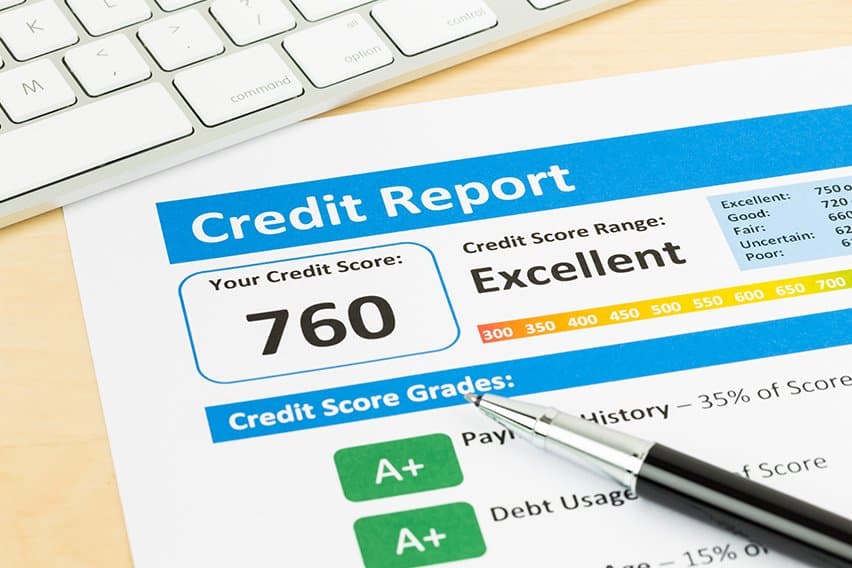What Is a Default Account & How It Impacts Your Credit Profile
Updated on March 12, 2024 | 3 min. read
If your account is in default, it can have major implications on your credit score. Learn how your UK credit score works when your account is in default.
Default can be a scary word in the finance world. It’s typically written in big red letters across a bill from a creditor. But what is a default account? How does it affect your credit file and can you have defaults removed?
Understanding this is a key part of mastering your personal accounting. We’ll answer all of those questions and more in today’s article.
What Is a Default?
When you have a credit card or loan, you agree to make set repayments every month. The creditor may automatically withdraw the amount from your bank account. Or you might pay your debts manually.
The monthly recurring payment schedule is extremely important. It shows the creditor that you’re trustworthy with money.
Your creditor will send a default notice to warn you that you’re behind on your payments. You’ll have a deadline to repay the amount. A default is when you have missed payments on your credit agreement repeatedly and haven’t fulfilled the terms of the default notice.
How Does a Default Account Affect Your Credit File
A defaulted account will appear on your credit file for 6 years. This happens regardless of whether you’ve repaid the debt in full or not. As the default ages, it will still disappear after 6 years. Even if the account isn't up to date.
Seems unfair, but essentially your credit file is a report of your trustworthiness with money. Your creditor reports your actions to the credit reference agency to vouch for your money management skills.
A default is a black mark on your credit rating. But it’s not a permanent black mark.
Consequences of having a default account on your credit file:
- You may find it harder to apply for credit cards, loans and mortgages in the future.
- You may pay higher interest rates if you are able to secure credit.
- If you apply for a job in finance, they may have concerns about default accounts. A default on your credit file could affect your application. However, this is rare.
What To Do If Your Account Goes Into Default - 3 Tips
Looks bleak, doesn’t it? Don’t worry! There are things you can do to rectify the situation.
- If you manage to pay off the debt within the first month of going into default, you may be able to get it removed. Contact the creditor and explain your situation. By speaking to them as soon as you get a notice of default, you can create a plan for repayments. Making this plan before your account goes into default is ideal. But if your account does slip into default, and your fix it quickly, you could get the decision reversed.
- Don’t apply for any new credit for at least 6 monthsIf you apply for new credit immediately, it will appear on your credit file. It will almost definitely be rejected. Applying for credit after a defaulted account looks as if you are scrambling for money.Ironically, creditors feel safest giving more credit to those with disposable income to spend. Therefore, you have to rebuild your credit score in order to apply for credit in the future.
- Learn good credit-building habitsIf you have a default account and can’t pay it off immediately, the best course of action is to rebuild in other ways. Make an agreement to repay your debts with your creditors and follow the plan religiously. Make sure your other credit cards and loan agreements are up to date at all times. After a while, try a credit building prepaid card to slowly rebuild your credit.
Key Takeaways
A debt default can ruin your credit score, but it’s not a death knell. The best thing you can do is be more diligent with your money management. Remember that creditors look at your entire report when making credit decisions. Not just one default. Bad credit history is fixable with time.
For more accounting guides like this one, head to our resource hub!












